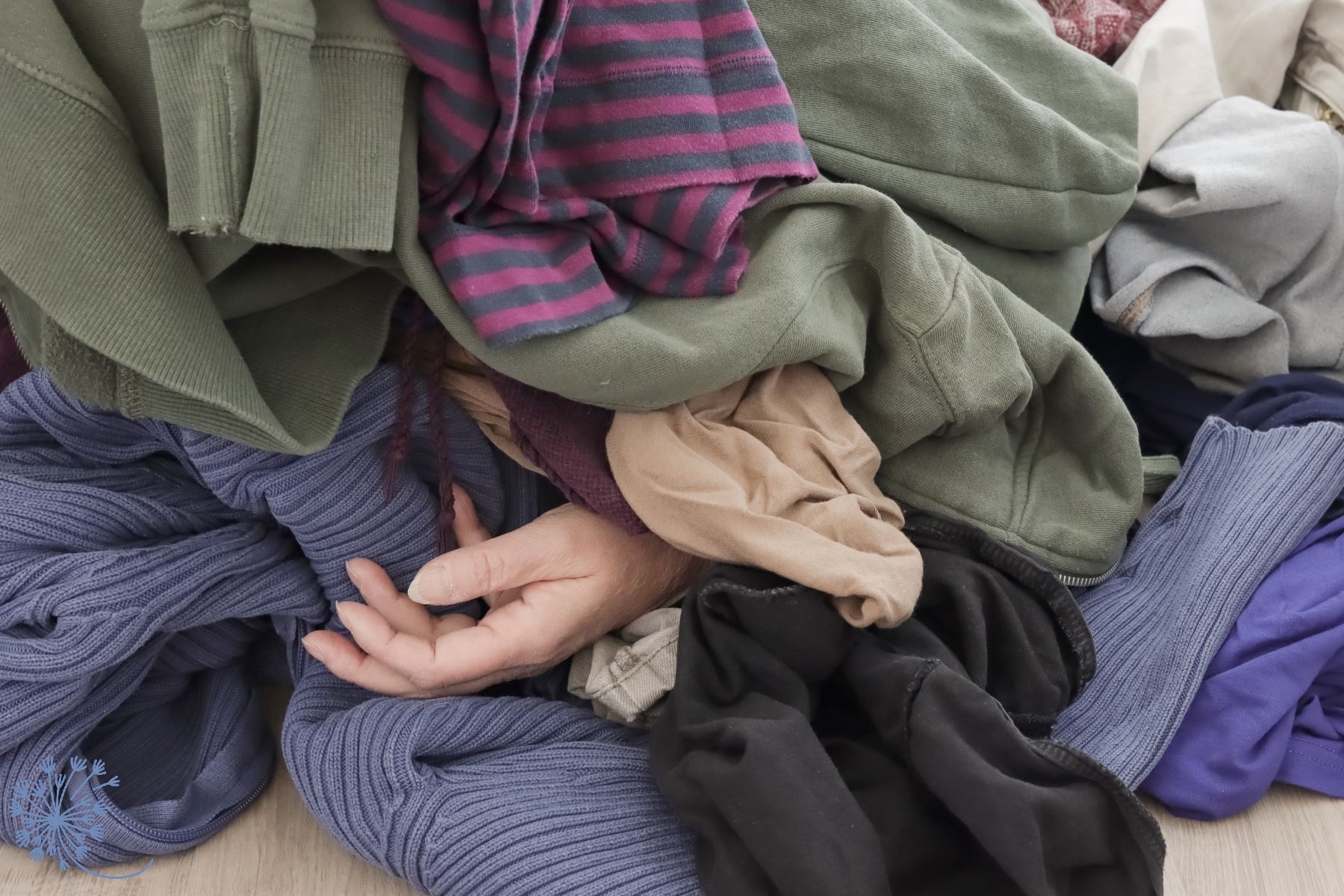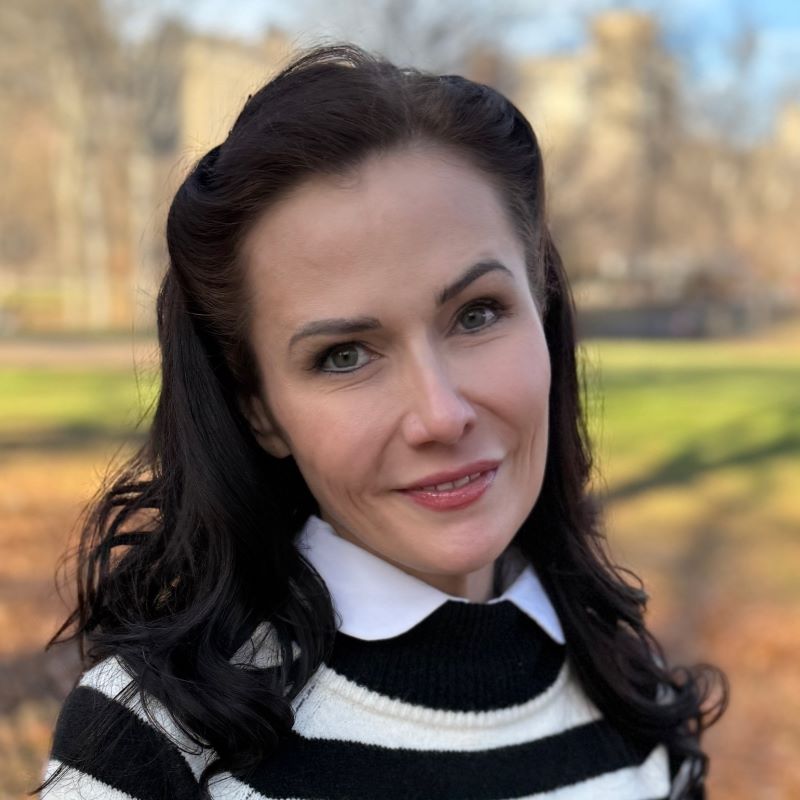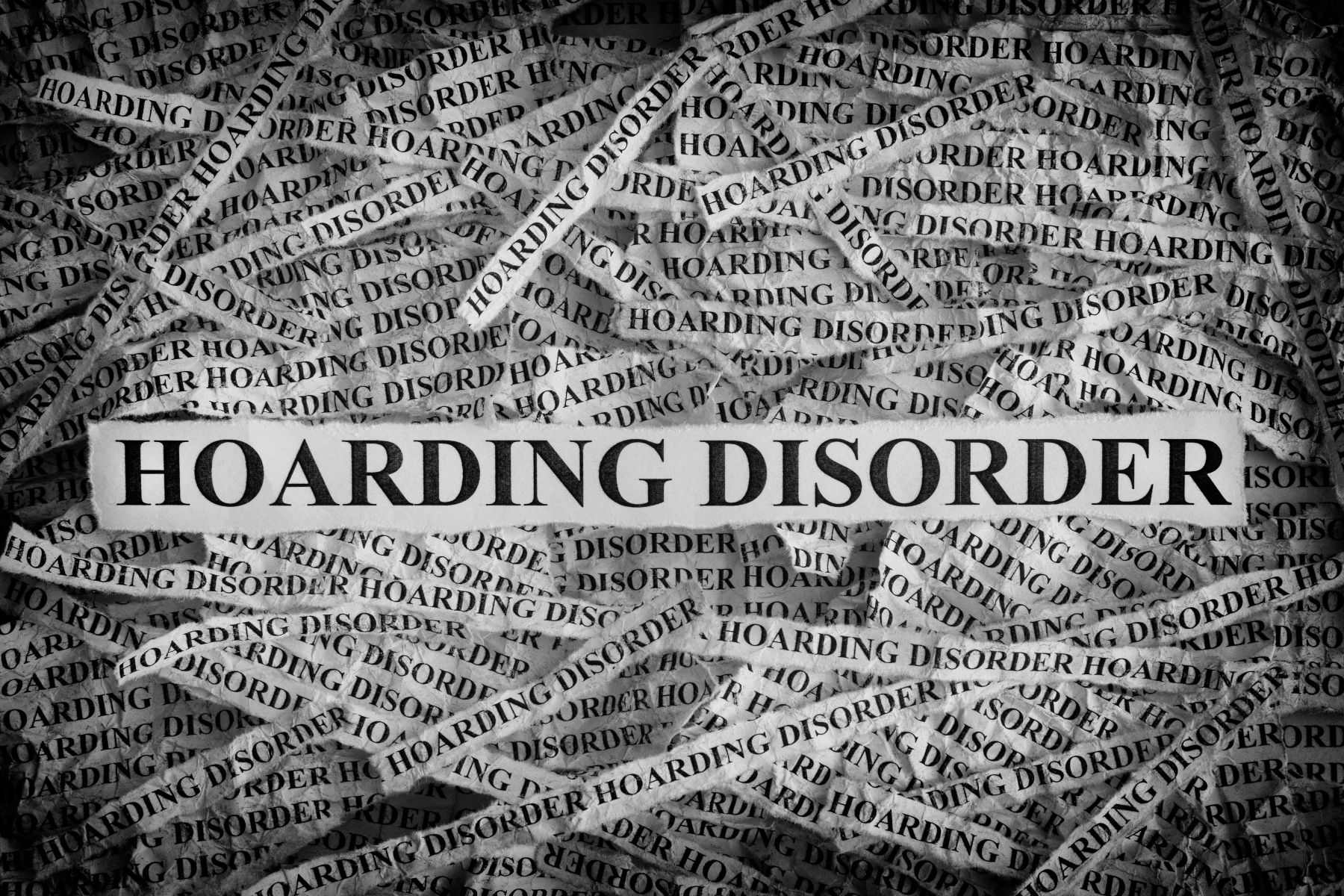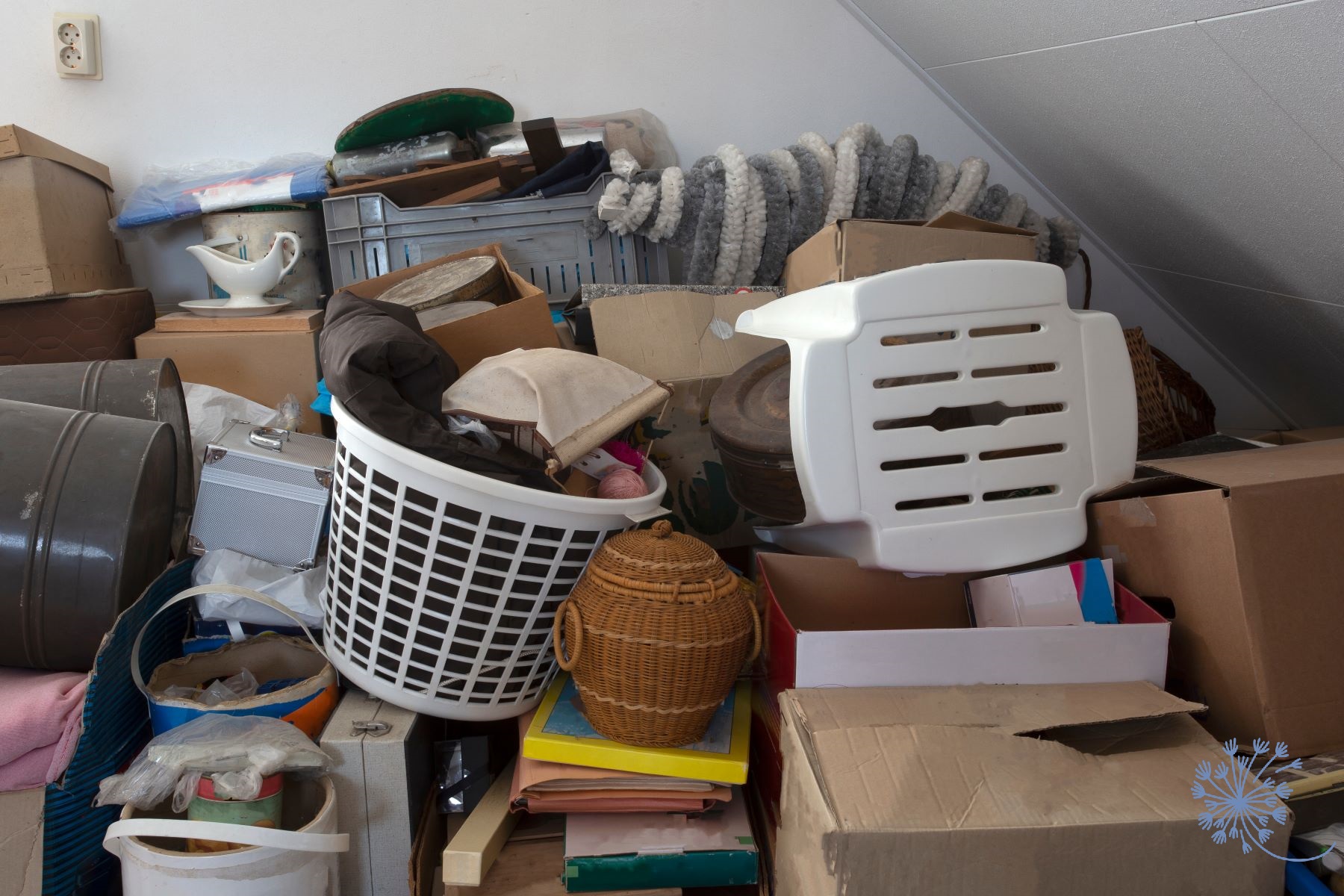Hoarding Disorder Therapy in Atlanta and North Georgia
Hoarding disorder is more than just an issue of clutter—it’s a profound and complex mental health condition that often arises from deep emotional wounds.

Understanding Hoarding Disorder: A Compassionate and Comprehensive Approach
Hoarding disorder is a serious mental health condition that affects countless individuals and families, leading to significant distress, safety concerns, and impaired daily functioning. It’s more than just an inclination to collect things—hoarding disorder involves a persistent difficulty discarding or parting with possessions due to a perceived need to save them. This behavior leads to the accumulation of items that clutter living spaces, making them unusable and creating environments that can be hazardous.
At Sea Change Psychotherapy in Atlanta, we understand the profound impact that hoarding disorder can have on your life. Whether you’re seeking help for yourself or a loved one, our compassionate and professional team is here to support you. We provide a comprehensive, trauma-informed approach to treatment, recognizing that many who struggle with hoarding have experienced significant trauma or have underlying mental health conditions that need to be addressed in tandem with hoarding behaviors.
What Is Hoarding Disorder?
Hoarding disorder is characterized by the excessive acquisition of items and an inability to discard them, even when they have little to no value. Individuals with hoarding disorder often experience extreme anxiety at the thought of getting rid of possessions, leading to severe clutter in their living spaces. This clutter can become so overwhelming that it affects daily activities such as cooking, cleaning, and sleeping, and can even pose serious health and safety risks.
Key Symptoms of Hoarding Disorder
- Persistent difficulty discarding or parting with possessions, regardless of their actual value.
- Severe clutter that makes living spaces unusable.
- Distress or impairment in social, occupational, or other important areas of functioning due to hoarding behaviors.
- A strong attachment to possessions, often attributing emotional or symbolic significance to them.
- Feelings of shame, guilt, or embarrassment related to clutter and hoarding behaviors.
Our Treatment Approaches: A Holistic and Integrated Care Model
At Sea Change Psychotherapy, we believe in a holistic approach to treating hoarding disorder. Our treatment plans are personalized to meet your unique needs, focusing on both the behavioral aspects of hoarding and the underlying psychological factors that contribute to the disorder.
What are some hoarding therapy techniques?
We utilize a range of evidence-based therapies, including Cognitive Behavioral Therapy (CBT), Exposure and Response Prevention (ERP), Integrative Cognitive Behavioral Therapy (I-CBT), and Dialectical Behavior Therapy (DBT), all designed to help you make meaningful and lasting changes.
Cognitive Behavioral Therapy (CBT)
CBT is one of the most effective therapies for treating hoarding disorder. It helps you identify and challenge the negative thought patterns and beliefs that contribute to your hoarding behaviors. Our therapists work with you to develop new, healthier ways of thinking about your possessions, helping you to reduce the anxiety associated with discarding items. CBT also focuses on improving decision-making and organizational skills, which are often impaired in individuals with hoarding disorder.
Exposure and Response Prevention (ERP)
ERP is a specific type of CBT that is particularly useful for treating hoarding disorder. It involves gradually exposing you to the process of discarding items while helping you manage the anxiety that comes with it. Over time, this approach helps you build the confidence and skills needed to reduce clutter and reclaim your living space.
Integrative Cognitive Behavioral Therapy (I-CBT)
I-CBT combines traditional CBT techniques with other therapeutic approaches, such as mindfulness and relaxation strategies, to provide a more comprehensive treatment experience. This approach is especially beneficial for individuals with hoarding disorder who also experience high levels of stress or co-occurring mental health conditions like anxiety or depression. By integrating these additional techniques, I-CBT helps you develop a broader set of tools to manage your hoarding behaviors and improve your overall well-being.
Dialectical Behavior Therapy (DBT)
DBT is another powerful tool in our treatment arsenal, particularly for individuals with hoarding disorder who struggle with intense emotions or who have a history of trauma. DBT focuses on building skills in four key areas: mindfulness, distress tolerance, emotion regulation, and interpersonal effectiveness. By enhancing your ability to manage emotions and tolerate distress, DBT helps reduce the emotional triggers that often lead to hoarding behaviors. This therapy also teaches you how to navigate relationships more effectively, which can be crucial for individuals whose hoarding has strained family dynamics or social connections.
Trauma-Informed Care: Addressing the Root Causes
Many individuals with hoarding disorder have experienced trauma, which can be a significant contributing factor to their condition. Trauma-informed care is a critical component of our treatment approach at [Your Counseling Center Name]. Our therapists are trained to recognize and address the impact of trauma on your mental health, creating a safe and supportive environment where you can explore these issues without fear of judgment.
Trauma-informed care involves understanding the ways in which trauma can affect behavior and working to empower you in your recovery. By addressing the root causes of your hoarding behaviors, we can help you develop healthier coping mechanisms and reduce the need to hold onto items as a way of managing emotional pain.
On-Site Support and Integrated Care
We recognize that hoarding disorder often requires more than just traditional office-based therapy. That’s why we offer integrated on-site support to help you address your hoarding behaviors in the environment where they occur—your home. Our on-site services are designed to provide hands-on assistance with decluttering, organizing, and creating sustainable systems that work for you.
Our team of professionals can visit your home to help you tackle the overwhelming task of decluttering, providing guidance and support every step of the way. This service is particularly beneficial for those who find it difficult to apply the strategies learned in therapy on their own. With on-site support, you can experience the benefits of therapy in real-time, making it easier to implement and sustain the changes needed to reduce clutter and improve your living conditions.
How We Work Together: A Collaborative and Supportive Process
Treatment for hoarding disorder is a collaborative process, and at [Your Counseling Center Name], we’re committed to working closely with you to ensure that your treatment plan meets your unique needs. Our therapists take the time to get to know you, understanding your personal history, goals, and challenges, so that we can tailor our approach to best support your recovery.
Throughout your treatment, we will regularly assess your progress and adjust your plan as needed to ensure that you’re moving towards your goals. Whether you need intensive support at the beginning of your journey or ongoing maintenance therapy to prevent relapse, we’re here for you every step of the way.
Our Commitment to Your Well-Being
At Sea Change Psychotherapy we are dedicated to providing compassionate, professional care that addresses both the symptoms of hoarding disorder and the underlying issues that contribute to it. We understand that seeking help for hoarding disorder can be a difficult and overwhelming decision, but we want you to know that you don’t have to face this journey alone. Our team in Atlanta is here to support you with empathy, respect, and a commitment to your well-being.
Taking the First Step: How to Get Started
If you or a loved one is struggling with hoarding disorder, now is the time to seek help. Reaching out for support is the first step towards reclaiming your life and creating a healthier, safer living environment. At Sea Change Psychotherapy, we offer a range of services designed to meet you where you are, including both in-office therapy and on-site support.
To get started, you can schedule an initial consultation by calling or by scheduling an appointment online. During this consultation, we’ll discuss your needs, answer any questions you may have, and begin to develop a personalized treatment plan that works for you.
Reclaim Your Space and Your Life
Don’t let hoarding disorder control your life any longer. With the right support, you can overcome the challenges of hoarding and create a living space that reflects the peace and order you deserve. Our team in Atlanta is here to help you every step of the way.
Call today or schedule an appointment online to take the first step towards a healthier, happier life.
We look forward to working with you and helping you achieve the change you desire.
Therapy Method Information
Below is more information on some of the types of therapy available for this condition.
Our Atlanta therapists offer a compassionate and evidence-based approach in RO-DBT to achieve emotional well-being and build fulfilling relationships.
Exposure and Response Prevention (ERP) is a type of Cognitive Behavioral Therapy (CBT) that is shown in research to be incredibly effective in treating OCD.









